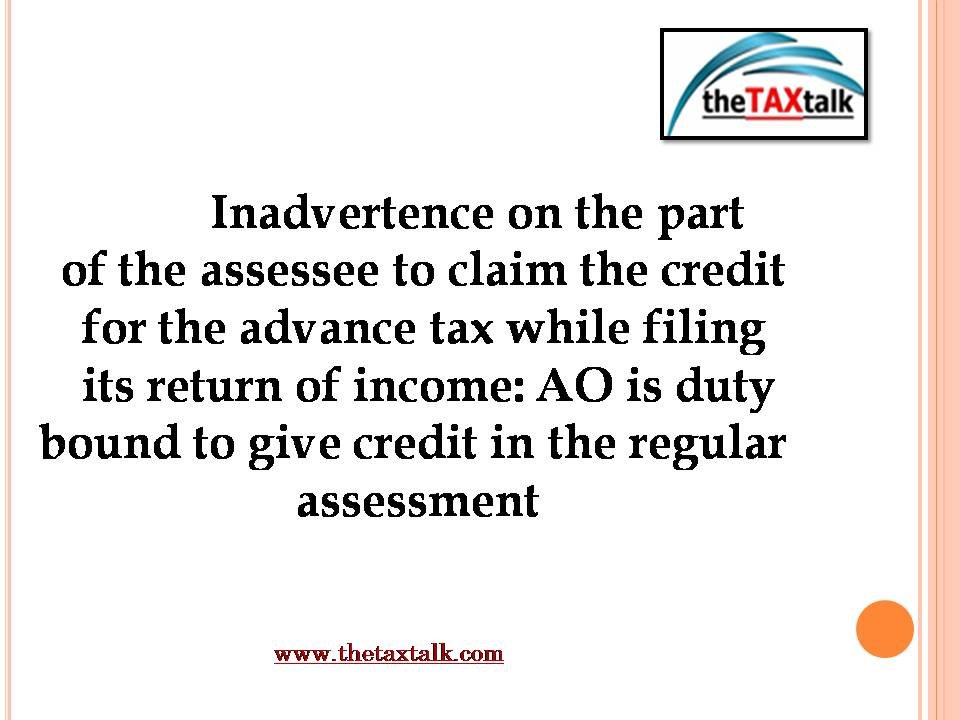Following up on my previous posts:
Wall Street Journal Op-Ed: What the Bible Says About Reparations for Slavery, by Gerard Leval (ArentFox Schiff, Washington, D.C.):
The case for paying reparations to descendants of slaves has been gaining momentum nationwide. … It is thus both timely and appropriate to ask: Are such proposals just?
Any examination of the question must begin with the notion of time and its relation to evil acts. The Bible, in Exodus 34:7 and elsewhere, tells us that God will “visit the iniquity of the fathers upon the children unto the third and fourth generation.”
These passages acknowledge that bad acts frequently have consequences that ripple beyond the temporal space of the perpetrator and can create a sphere of responsibility that far exceeds the individual actor. Importantly, the text also indicates that the ripples dissipate after three or four generations. The adverse consequences of nefarious acts don’t continue indefinitely—and, similarly, the desire for vengeance and the right to compensation for such acts can’t endure forever.
Why only three or four generations? This limitation is tied to the duration of emotional memory, including the transmitted personal sense of suffering and injustice. Most people have a vivid awareness of and emotional ties to parents and grandparents—perhaps even to a great-grandparent. Yet no such bonds can plausibly exist beyond that. The Bible is thus establishing a statute of limitations that is tied to the strength of personal memory and, therefore, to a limitation on the personalized rectification of historic wrongs. …
The notion that direct compensation should be paid to sixth-, seventh- or eighth-generation descendants of slavery’s victims by similarly distant descendants of those who may have been complicit with slavery is simply unjust. The original actors, perpetrators and victims, are too far removed in time to merit punishment or retribution. …
The challenge with respect to events having occurred more than three or four generations ago is how to convert them into lessons for the future. … Jewish tradition offers a way to do so. Every spring Jews celebrate Passover, the holiday that commemorates the Jewish people’s liberation from slavery in Egypt. Passover emphasizes not vengeance or retribution but important teachings: gratitude to God for freeing the Jews and for the blessings of freedom, together with the divinely inspired injunction never to treat others as the Jews were treated. In our commemoration, we also remember the death and destruction of the Egyptians—not as an act of triumphalism but rather out of compassion for the suffering of fellow human beings.
This tradition is a template for addressing the consequences of slavery in America. The best and most equitable reparations lie not in cash payments but in remembering and teaching the lessons of slavery—of its terrible consequences and of the suffering of those who endured it. Such an approach is fundamentally just, constructive and unlimited by time.
If you would like to receive a weekly email each Sunday with links to the faith posts on TaxProf Blog, email me here.
https://taxprof.typepad.com/taxprof_blog/2023/08/wsj-op-ed-what-the-bible-says-about-reparations-for-slavery.html




